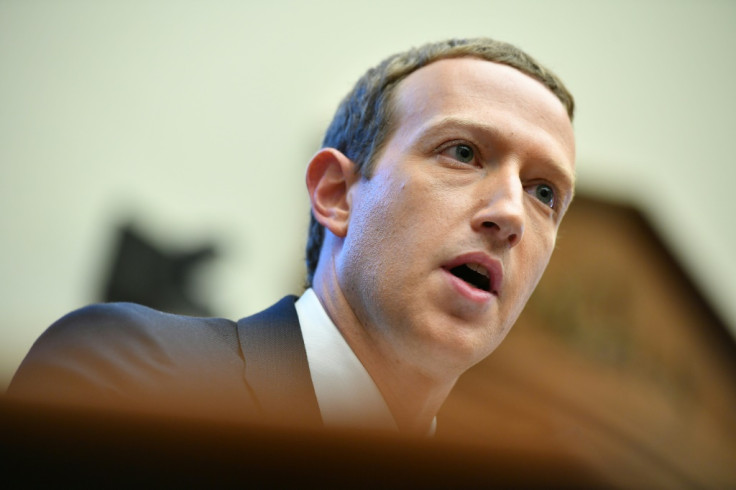Despite Zuckerberg defense, Facebook cuts down political ads after Twitter, Google take stand
Zuckerberg had defended running political ads on the platform before the US Congress in October.
Facebook CEO Mark Zuckerberg may have defended political ads on the platform in front of the US Congress, but it seems the policy is now being rethought. This has happened in the wake of Twitter and Google taking steps to stay away from politics. Even its own subsidiary, WhatsApp, had to block around half a million accounts during the Brazilian elections.
The social network, it seems has gone back on the "free speech" argument that the company should not dictate what goes on its platform. Twitter and TikTok have sworn off political ads altogether, Snapchat will only host content after fact-checking and Google has stated that it will impose strict limits on political content. Facebook was the odd one out and the last one standing, in terms of letting political parties use its platform for their purposes.
Facebook is taking baby steps in this direction. The Wall Street Journal reported on Thursday that Facebook will increase the minimum target for ads from 100 to a few thousand. It may seem a minuscule step given the alleged effect of social network posts in the previous US election. But, it is actually a meaningful one.
"As we've said, we are looking at different ways we might refine our approach to political ads," a Facebook spokesperson told WSJ.
This alters the demographics needed to target users. Since small groups can't be targeted, the effectiveness of political ads will be limited as they will need to target diverse subsets of people.
The company is also seeking feedback from both sides of the aisle – Democrats, and Republicans, on this new policy. Zuckerberg's testimony before the US Congress in October is credited with affecting this change of vision for the social network.
The 2020 US Presidential election will mark out how social networks act towards political content. It remains to be seen how political parties respond post the election, to determine a future course for social networks.

© Copyright IBTimes 2025. All rights reserved.




















